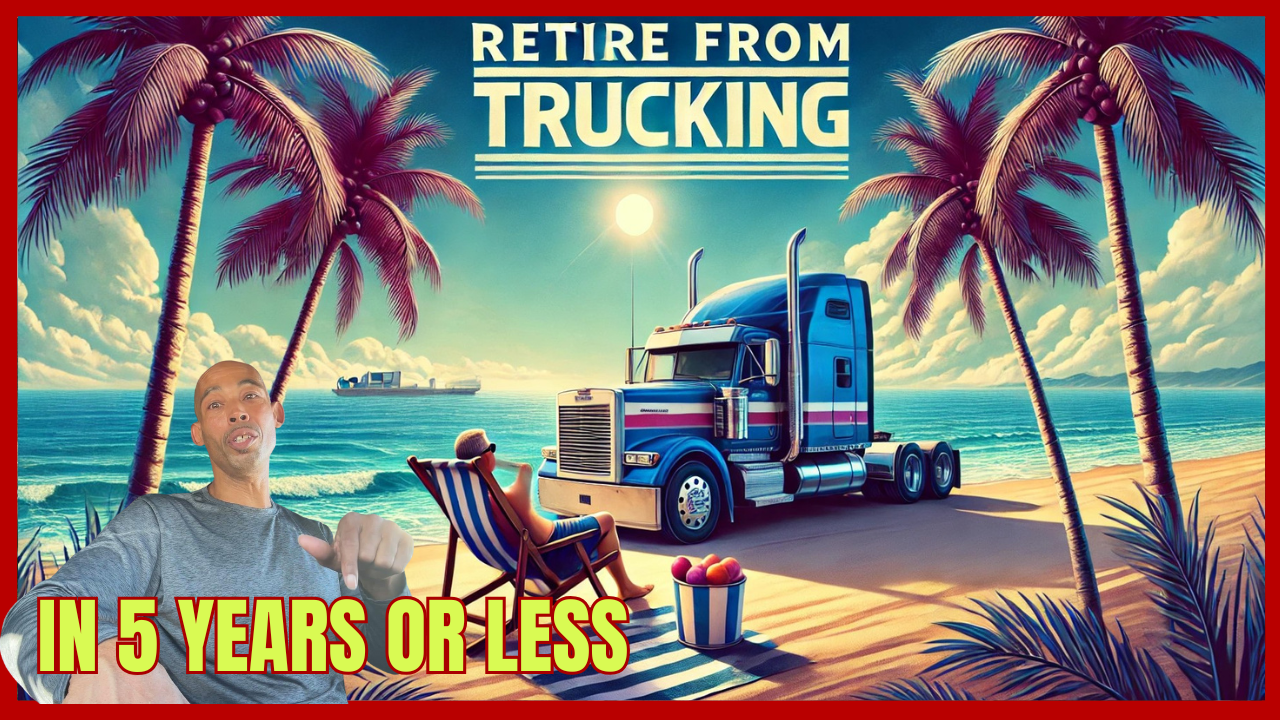Reckless Homicide Charges Filed Against Trucker After Fatal Crash
by TRUCKERS VA
(UNITED STATES)

Tragedy on I-465: When Fatigue Turns Fatal
A 9-Year-Old Lost His Life — and Yet Another Hours-of-Service Violation Raises Alarms in the Industry
Introduction
This isn’t the kind of story any of us want to report. But it’s one every trucker, fleet manager, and dispatcher needs to read.
Dieuson Leron, a professional truck driver, has been officially charged with reckless homicide and two counts of criminal recklessness after a tragic crash on Interstate 465 near Indianapolis in July 2024.
The incident claimed the life of a 9-year-old boy and injured several family members. The investigation revealed that Leron had violated federal Hours of Service (HOS) rules at the time of the crash — and that decision cost a family everything.
This case has reignited debates over fatigue, accountability, and the pressures that drivers face behind the wheel.
Key Points
🕒 The Crash and the Charges
The crash happened on a summer afternoon on I-465, a busy beltway where stop-and-go traffic is a fact of life. According to police and witness reports, Leron’s truck failed to slow down in time, slamming into a passenger vehicle that had reduced speed in a construction zone.
The impact was devastating. A 9-year-old boy died on scene. His family members — including his mother and sibling — were hospitalized with serious injuries.
Further investigation uncovered what many suspected: Leron had exceeded his legal driving hours under the HOS regulations. Fatigue is now believed to be a major contributing factor.
As a result, prosecutors have charged him with reckless homicide — a felony offense — and two additional charges of criminal recklessness.
⚖ What HOS Rules Were Violated?
While the specific logs haven’t been made public yet, authorities have confirmed that Leron was driving well beyond the legal limit, which is typically:
11 hours driving in a 14-hour window
10 hours of rest required between shifts
The crash is now being used as a grim example of what happens when HOS regulations are ignored, bent, or falsified — whether by the driver, pressure from dispatch, or poor trip planning.
Multiple Perspectives
Let’s be real: most truckers aren’t out here driving reckless. They’re fighting fatigue, traffic, deadlines, and dispatchers who think you’re a machine.
But that doesn’t change the outcome.
<>bThe Safety Advocate:“This child didn’t die because of an accident. He died because someone broke a safety law designed to prevent exactly this.”
The Veteran Driver:“I’ve run tired. We all have. But now we’re seeing what happens when we push too far.
The Skeptical Owner-Op:“Is it all on the driver? Or was dispatch pushing him? Companies need to take the fall too if they’re pressuring drivers to run illegal.”
The Public Perception:“Every time something like this happens, it damages the reputation of all truckers. People think we’re all dangerous, and it’s not fair.”
Industry Response
The FMCSA hasn’t commented yet, but expect this case to bring renewed heat to the conversation around electronic logging devices (ELDs), HOS rule enforcement, and driver mental health.
Trucking groups like OOIDA have long argued for flexibility in HOS rules, but situations like this make that argument a harder sell.
Some fleets are already using the story internally — not to shame, but to educate. Drivers are being shown this case as a worst-case scenario that starts with “just one more hour” and ends in life-altering tragedy.
The Bigger Picture
There’s no spin here. A child is gone. A family is shattered. And a driver’s life — career, freedom, and peace of mind — is now tied to a courtroom.
Whether you believe Leron made a bad call, was pressured, or just made a human mistake — it doesn’t change the outcome. One wrong decision behind the wheel of 80,000 pounds can destroy multiple lives.
This story isn’t about demonizing drivers. It’s a call to wake up.
Dispatchers need to stop pushing illegal loads.
Fleets need to prioritize safety over speed.
Drivers need to protect their own health and judgment — even when it costs a load.
Because one extra hour on the road isn’t worth a lifetime of guilt… or a child’s life.
The Bottom Line
This crash should be a turning point. Not just for regulations, but for culture.
The “just keep driving” mindset isn’t brave. It’s broken.
If this industry truly respects the job — and the people who do it — then safety has to mean more than compliance. It has to mean knowing when to stop.
Call to Action (CTA)
If you’re exhausted, burning out, or feeling like you have no control over your future…
Now is the time to build something beyond the road.
👉 Visit truckersidehustle.com and start learning how truckers are using AI and online skills to make money while they’re not driving.
Because the only way to protect yourself — and others — is to have options.
And sometimes, the best decision you can make isn’t finishing the run…
…it’s knowing when to pull over.
Join in and write your own page! It's easy to do. How? Simply click here to return to Trucking News.












